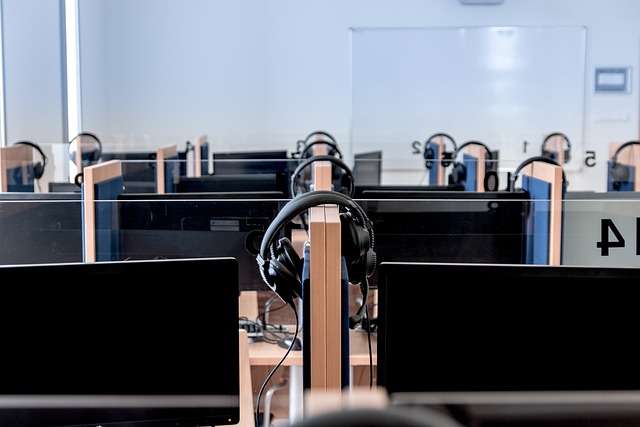Understanding ISO 9001 and Its Impact on Educational Institutions
ISO 9001 is a widely recognized standard for quality management systems that can significantly benefit educational institutions. By implementing ISO 9001, schools and universities can enhance their operational efficiency, improve student satisfaction, and ensure consistent delivery of quality education.
For example, institutions that adopt ISO 9001 often experience a reduction in administrative errors and an increase in stakeholder engagement. This standard provides a framework for continuous improvement, allowing organizations to adapt to changing educational needs and maintain high standards of quality in their services.
The Benefits of ISO 27001 for Educational Organizations
ISO 27001 focuses on information security management, which is increasingly important for educational organizations that handle sensitive student data. Achieving ISO 27001 certification helps institutions protect their information assets and build trust with students and parents.
By implementing this standard, educational institutions can mitigate risks associated with data breaches and cyber threats. Furthermore, ISO 27001 encourages a culture of security awareness among staff and students, fostering a secure learning environment that prioritizes confidentiality and integrity.
How ISO 21001 Enhances Educational Quality Management
ISO 21001 is specifically designed for educational organizations, providing a management system framework to enhance the quality of educational services. This standard helps institutions align their objectives with the needs of learners, ensuring a more effective educational experience.
By adopting ISO 21001, educational institutions can implement best practices in teaching and learning processes. For instance, they can develop clear policies for curriculum improvement and student feedback mechanisms, ultimately leading to better educational outcomes and higher satisfaction rates among students.
Future Trends in Educational Management Standards
The landscape of educational management is evolving, with new standards and practices emerging to meet the demands of modern education. Staying abreast of these trends is essential for institutions aiming to maintain their competitive edge and improve educational quality.
For instance, the integration of digital technologies and online learning platforms is prompting the development of standards that address these innovations. Educational organizations must adapt to these trends by exploring certifications that focus on digital transformation and the effective use of technology in education.

